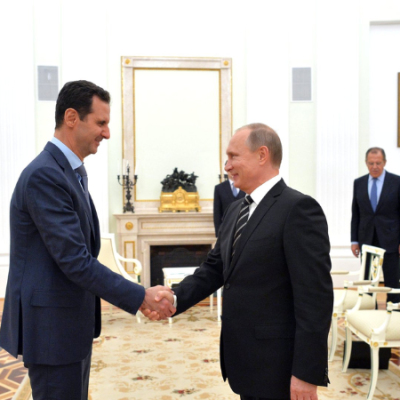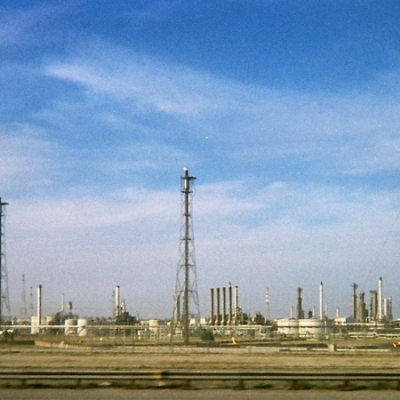Decades of Mismanagement: Unraveling Lebanon’s Financial Crisis

As the “Switzerland of the Middle East” and a country renowned for its cosmopolitan appeal, Lebanon is currently experiencing one of the most severe financial crises the world has ever seen. This article explores the root reasons for Lebanon’s economic collapse and emphasises the urgent requirement for extensive structural reforms to save the nation’s future.
The financial crisis in Lebanon has its roots in decades of poor economic management. The government started a course of reckless borrowing after the civil war, which raged from 1975 to 1990, without having a workable plan for debt repayment. A worrying increase in the debt-to-GDP ratio resulted from borrowing constantly exceeding economic growth. An unprecedented occurrence in the history of Lebanon, the catastrophic failure of a $1.2 billion Eurobond in 2020 was caused by interest payments that ate up a sizeable percentage of the nation’s income.
The Lebanese pound, the currency of Lebanon, was tied to the US dollar at a rate of 1,500 pounds to 1 dollar for more than 20 years. This pegged system made the nation dependent on dollar reserves while giving the appearance of stability. Banks offered high-interest rates on dollar deposits to draw investment and finance spending. This technique, nevertheless, was unsustainable and aided in the decline of public trust in the financial industry.
The value of the Lebanese pound was gradually lost due to excessive borrowing, trade imbalances, and a lack of structural reforms. The pound’s value fell as foreign money inflows decreased, sparking hyperinflation. Social assistance initiatives failed to reduce the rising poverty rates as people’s purchasing power dropped. The issue was further worse by the explosion that occurred at the Beirut port in August 2020, which resulted in considerable human casualties and significant economic damage.
Keep Reading
Due to the crisis in Lebanon, the populace has lost faith in the political elite after suffering greatly from corruption, poor management, and currency devaluation. Experts and international organisations emphasise the significance of significant structural reforms, underscoring the urgent need for change. To start afresh, the nation’s monetary, economic, and political policies must be revised entirely.
The leader of the IMF mission to Lebanon, Ernesto Ramirez Rigo, emphasises the necessity of quick reforms. If the situation weren’t fixed, Lebanon would become dependent on outside aid and be deprived of vital investments required for long-term growth. The future of Lebanon depends on its capacity to implement significant reforms that solve its economic, political, and social problems.
The painful reminder of the results of years of economic mismanagement comes from Lebanon’s journey from affluence to economic disaster. Lebanon must adopt extensive reforms that reshape its banking, financial, and political environment to escape the grip of financial catastrophe and provide its inhabitants with a better future. The country can only hope to reestablish security and reclaim its position as a dynamic hub in the Middle East via decisive effort.






